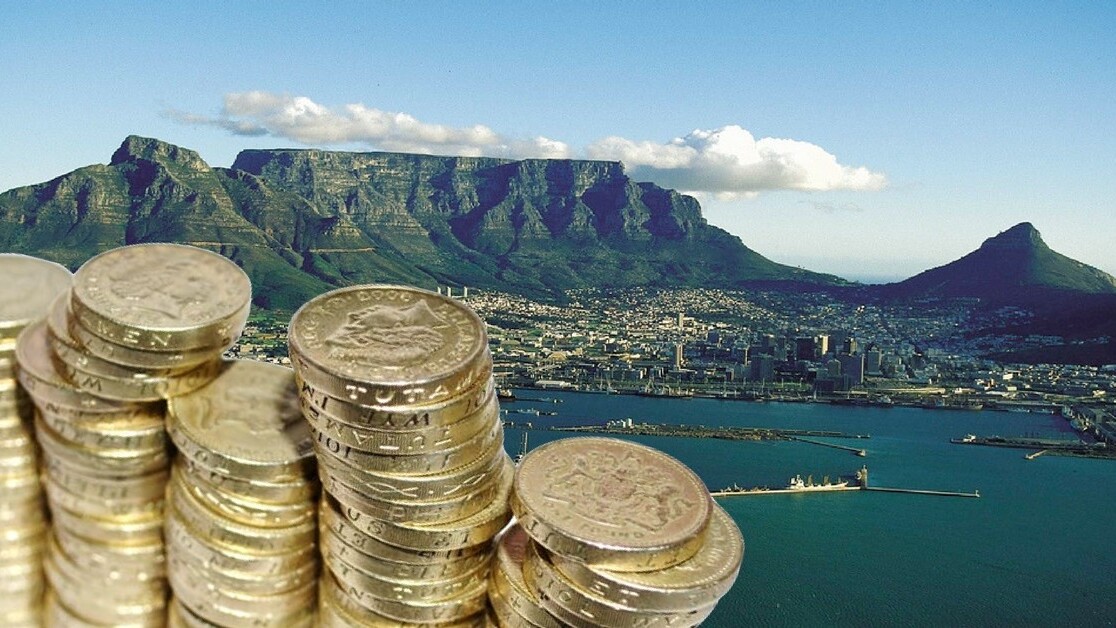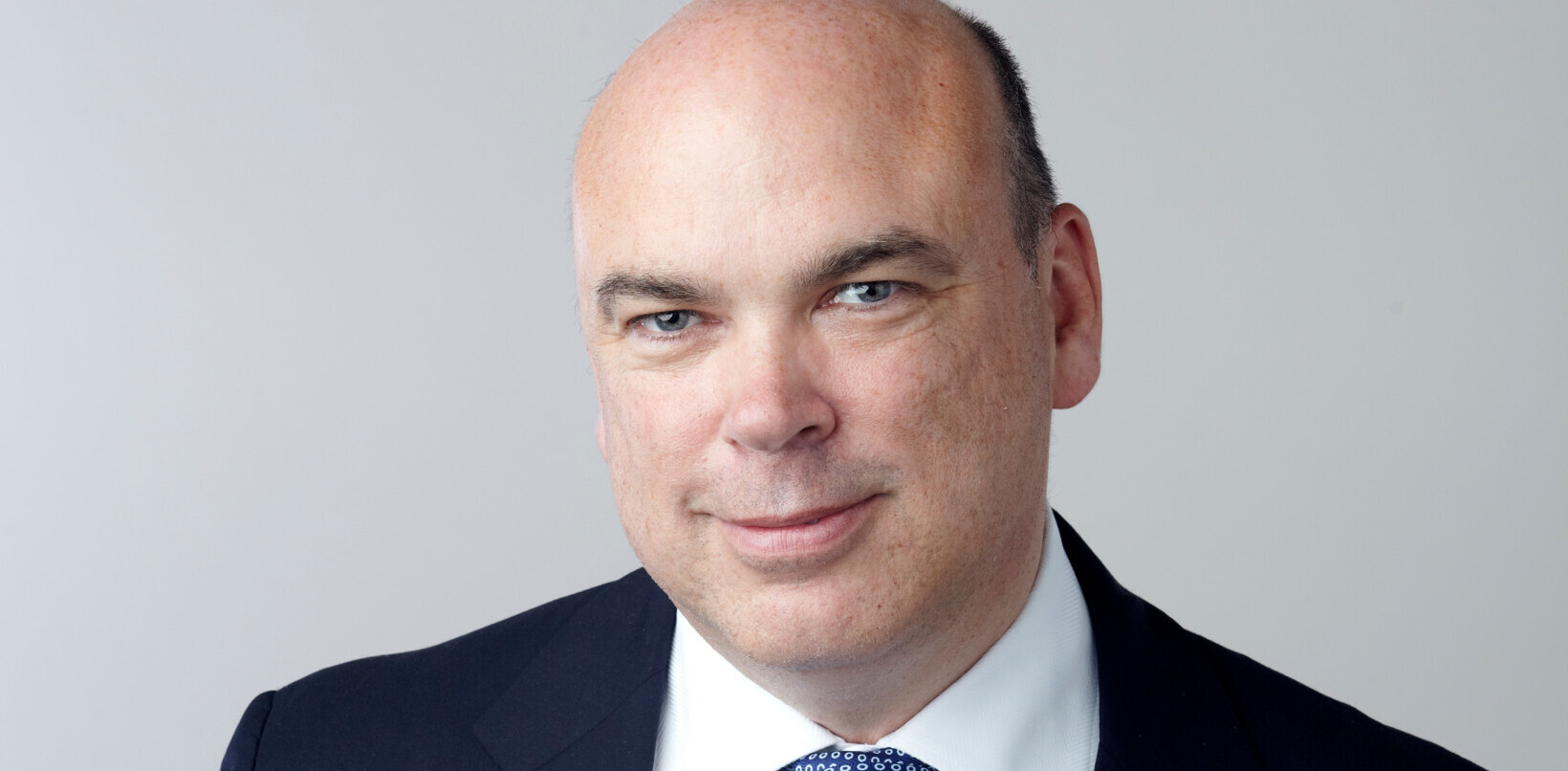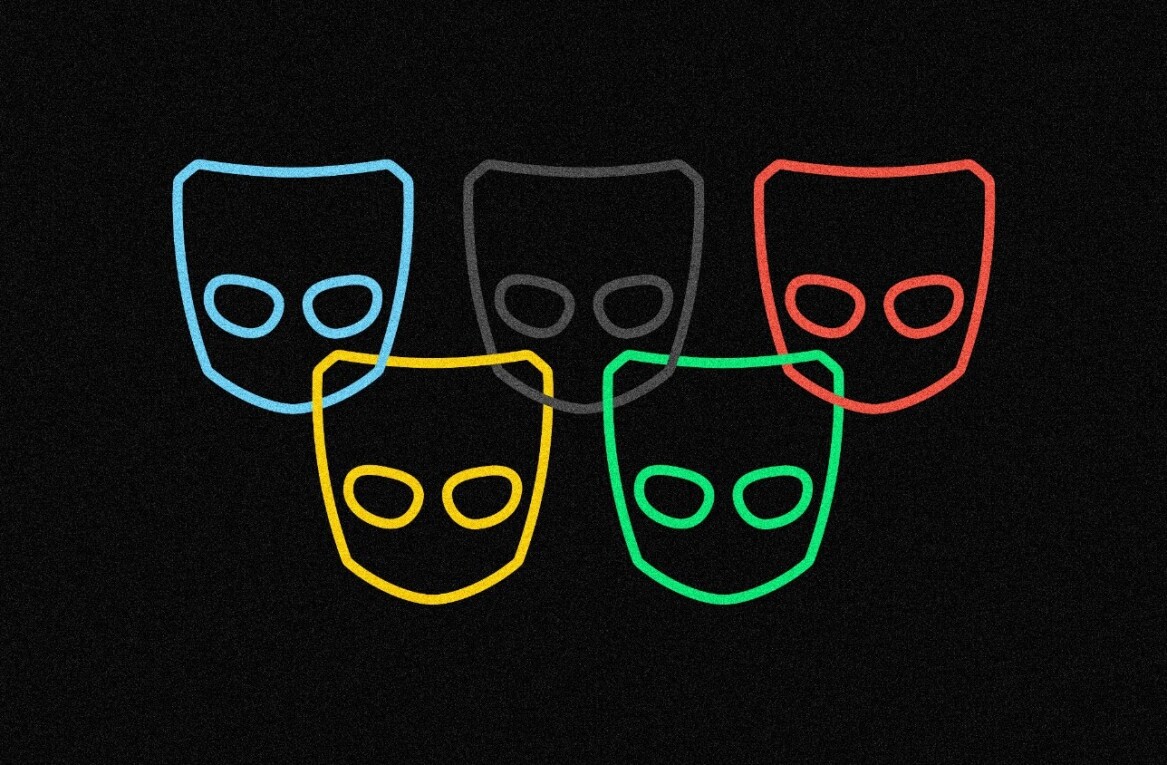
A new report has revealed that South Africa has $10 million sitting unspent in Universal Service and Access Funds meant to for the provisioning of Internet access in the country. The report, Universal Service and Access Funds: An Untapped Resource to Close the Gender Digital Divide,
Furthermore, the report (published by the Web Foundation, the Alliance for Affordable Internet, and UN Women) states that many governments in Afrika are failing to take action to connect women and other offline populations — despite the existence of funds earmarked for this purpose.
This at a time when affordability is a major barrier to women being able to access the Internet, with 1GB of mobile prepaid Internet costing approximately 2,35% of monthly average income.

Download the Universal Service and Access Funds: An Untapped Resource to Close the Gender Digital Divide.
“Universal Service and Access Funds offer an incredible and vastly underutilized opportunity for making real progress — an opportunity we cannot afford to miss. Every day that these funds remain unused is another day women and girls are sidelined in the digital revolution.
We call on governments to take immediate action to put these funds toward their intended purpose, and to work to make the digital divide history — starting with women and girls,” said Phumzile Mlambo-Ngcuka, Under-Secretary-General of the United Nations, Executive Director of UN Women.
Some of the analysis and insights in the report shows that in order to reduce the growing global gender gap in Internet use — a gap which happens to be the widest in Afrika — USAF’s should boost investments in programmes that aim specifically to tackle obstacles to internet use and access faced by women.
Some of the notable findings from the report are:
- A majority of Afrikan countries have a USAF in place that is collecting funds. 37 African countries (or almost 70%) have a USAF set up, and 62% of these funds are considered ‘active’.
- Most governments are failing to spend the USAF funds collected. In 2016, USAFs across Afrika disbursed just 54% of funds collected. Across all 37 USAFs in Africa, unspent funds total an estimated US$408 million — enough to bring 6 million women online, or to provide digital skills training to 16 million women and girls.
- Few countries are focused on improving women’s internet access and use — despite the worsening digital gender gap. Just three of the 37 countries with USAFs have universal access policies guiding the USAF that explicitly aim to connect women and girls through the fund.
- Most USAF managers do not yet appreciate the importance of investing in solutions to reduce the gender digital divide. Many assume that investment in any internet access solution will equally benefit both men and women, which is unfortunately not the case.
- Information about USAF financing, programming, and disbursement is hard to find. Just 23 countries openly publish details on their USAF activities; even when they do publish these details, they can be hard to find and hard to understand, leaving citizens little power to hold the USAF to account.
“We can’t reduce global inequality without closing the digital divide and online gender gap. We must act now to stop the online world from entrenching offline inequalities. We call on governments to make effective and timely use of available funds, and to invest at least 50% of them in projects aimed at bringing more women online,” concluded Sonia Jorge, Executive Director of the Alliance for Affordable Internet and Head of Digital Inclusion Programmes at the Web Foundation.
This post was originally published by iAfrikan. Check out their excellent coverage and follow them down here:
Get the TNW newsletter
Get the most important tech news in your inbox each week.




